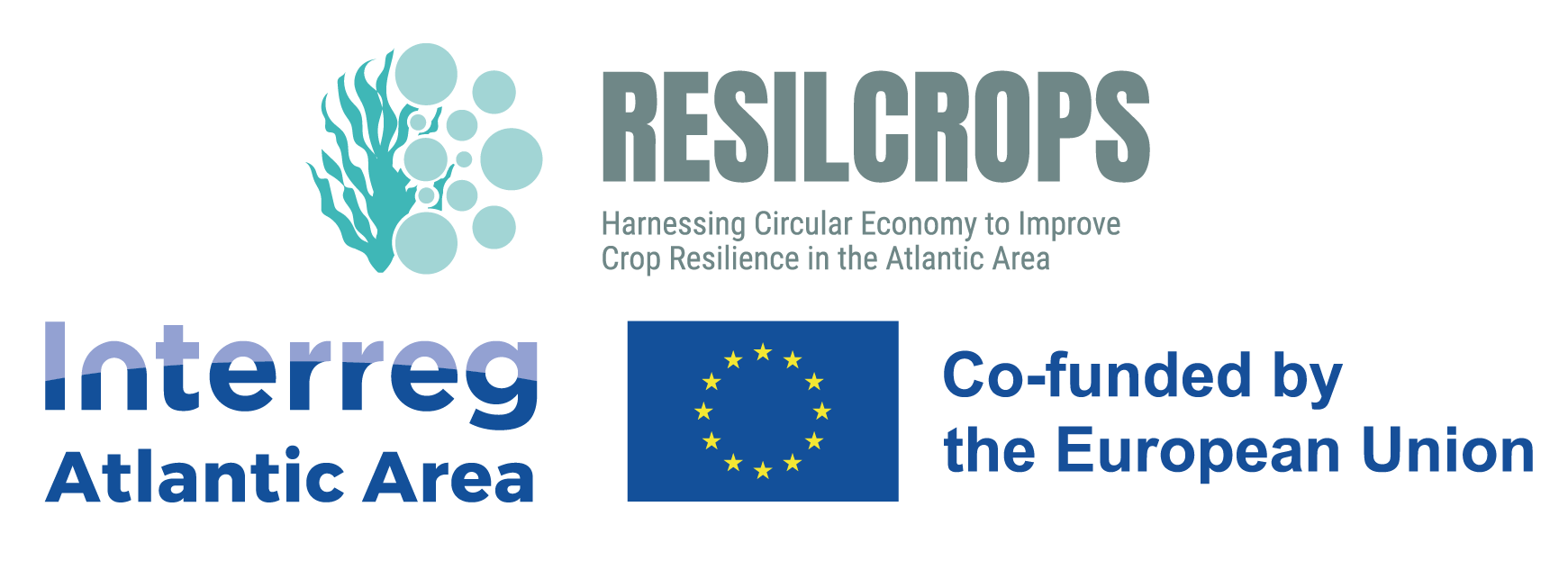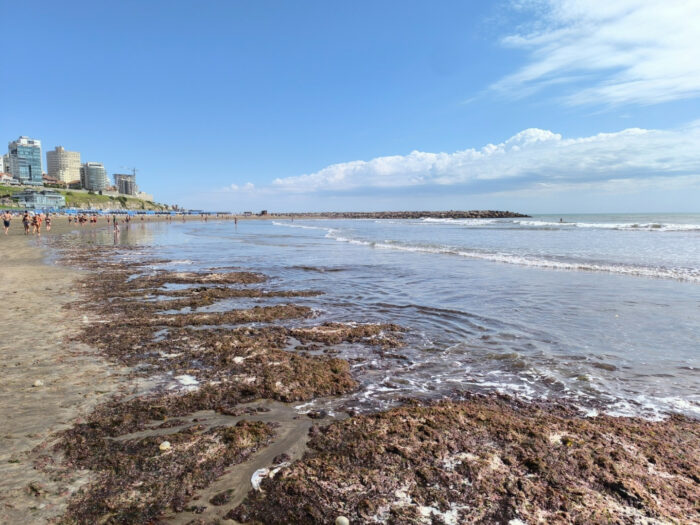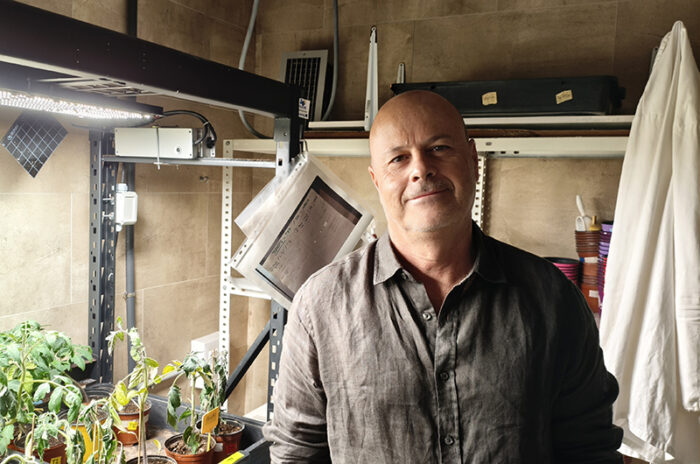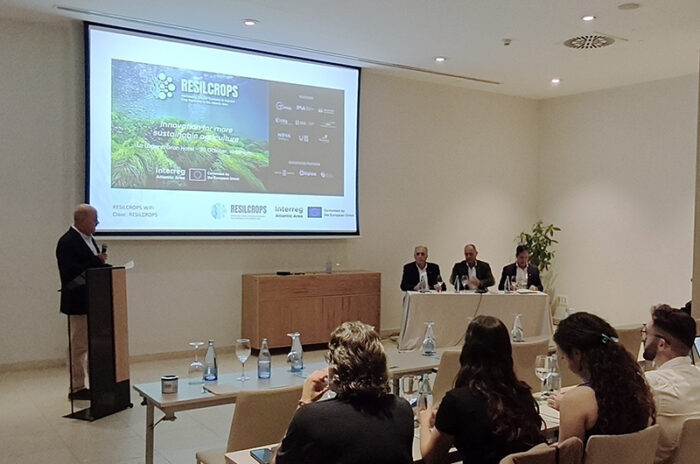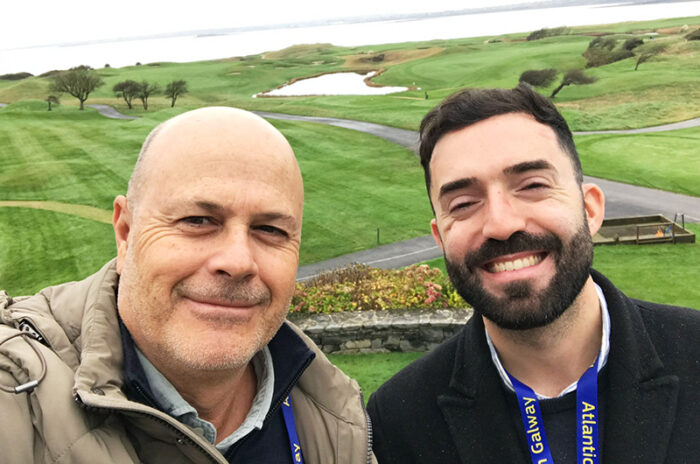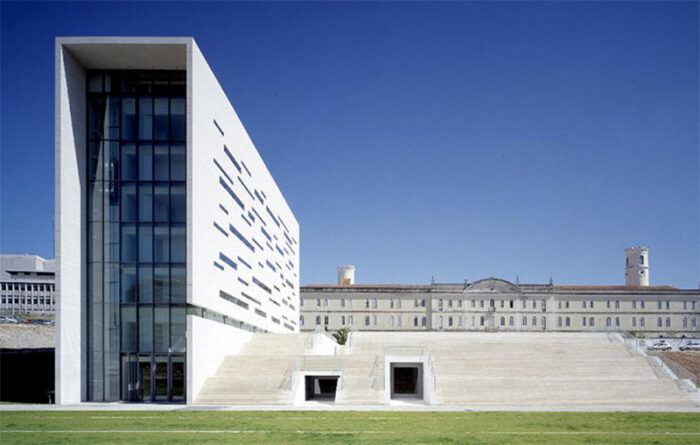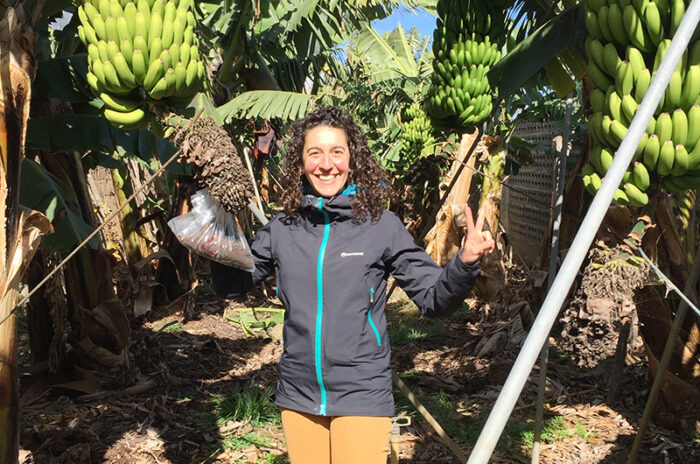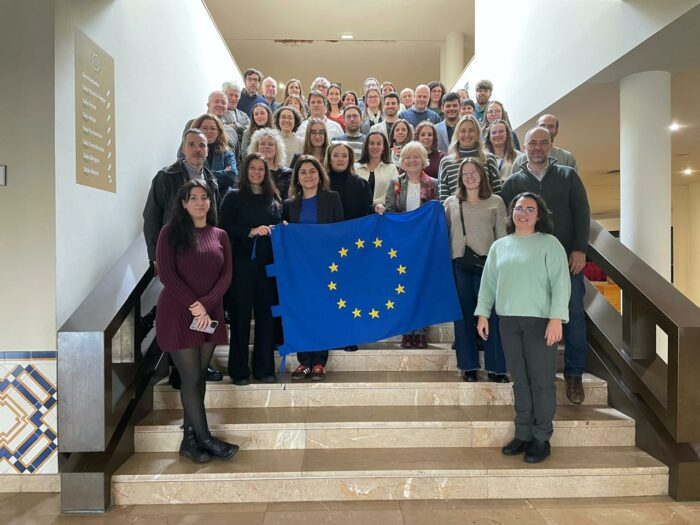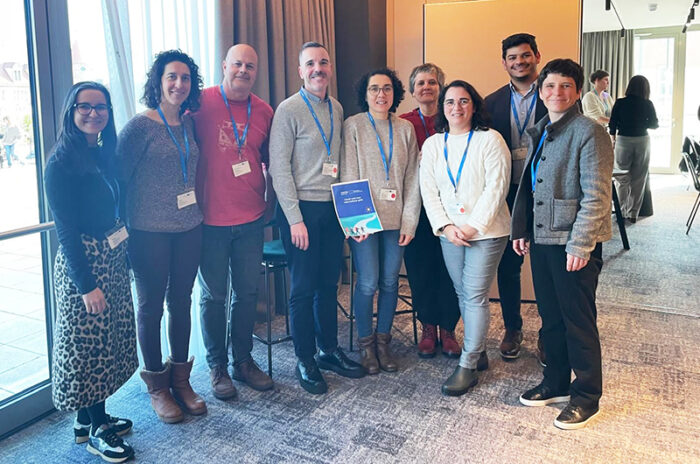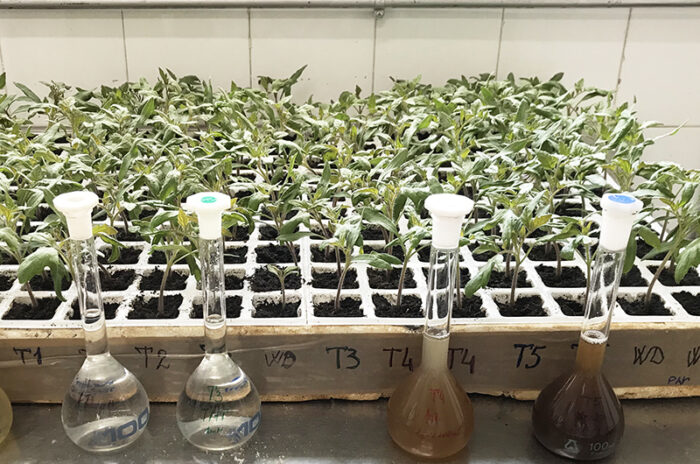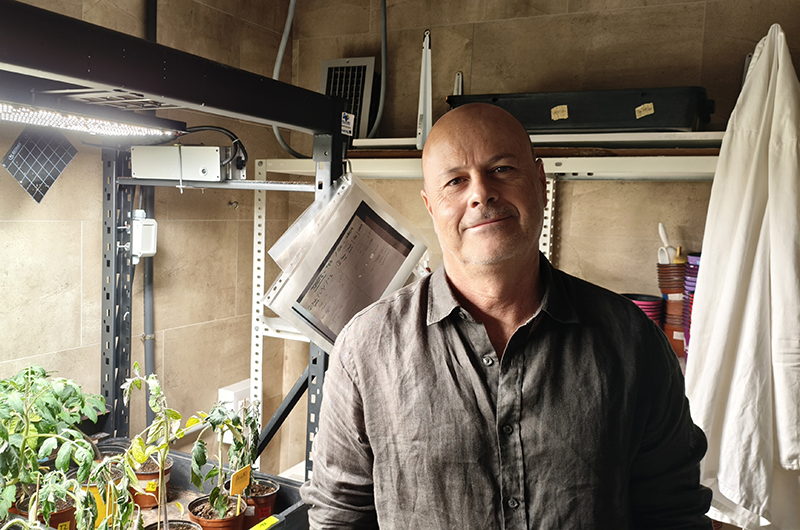
02 Oct RESILCROPS, Interview with Dr. Andrés Borges
RESILCROPS: From algae to whey, the resources driving us towards more sustainable agricultureure
Project coordinator and principal investigator Andrés Borges and his team have launched the RESILCROPS project, one of 24 projects approved by the Interreg Atlantic Area Programme, co-financed by ERDF funds. It is a consortium made up of nine research groups from four European countries in the Atlantic area: Spain, Portugal, France and Ireland, which are pooling their natural resources and scientific knowledge to make crops more resilient to biotic (diseases and pests) and abiotic (drought, heat, waterlogging, etc.) stress.
The project promotes the circular economy to combat the negative effects of climate change.
«Our goal is to generate knowledge, but also practical tools that farmers can apply in the near future» explains Dr Borges.
The innovative idea is to strengthen the resilience of crops in the Atlantic region through the use of biostimulants formulated from circular economy resources: algae that accumulate along the Atlantic coast and microorganisms present in whey from the dairy industry.
«We had already seen that a red algae we collected from Punta Hidalgo, on the north coast of Tenerife, in a previous Interreg Mac project, Ahidagro, improved the tolerance of tomato plants to water deficit conditions, which received 50% less water than the untreated control. Now we want to go one step further and extend the research to different types of stress, such as biotic stress, which includes pathogens such as Botrytis, which affects important model crops such as tomatoes,» explains Dr Borges, explaining how, after completing his research in Macaronesia, he wanted to continue researching in this area.
The project brings together key players in innovation, including universities, research centres and companies in the agricultural and biotechnology sectors. Collaboration is key: while algae are extracted and studied in the Canary Islands and Madeira, the French company Polymaris will be responsible for scaling up the production of lactic acid bacteria present in whey, which contains bioactive compounds such as polyamines and GABA that can increase plants’ resilience to stress, in order to bring these results to market.
In addition, the aim is to promote the mobility of students and researchers, both through exchanges to observe the progress being made, and through workshops and visits to laboratories in different countries.
RESILCROPS collaborates with both national partners, such as the Institute of Natural Products and Agrobiology (IPNA-CSIC), the Institute of Dairy Products of Asturias (IPLA-CSIC), and the University of La Laguna, and international partners: the University of Lisbon, the University of Algarve, the University of Madeira, the Faculty of Science and Technology of the University of Lisbon (NOVA), the South East Technological University of Ireland, and the French company Polymaris. Therefore, through the synergy of these collaborators, combined with their extensive scientific experience, the project aims to contribute to more sustainable and resilient agriculture in the Atlantic area. All this under the slogan «innovation for more sustainable agriculture».
The RESILCROPS project,
The RESILCROPS project, led by IPNA&IPLA-CSIC,
admin
08 septiembre, 2025RESILCROPS, Interview with Dr. Andrés Borges
RESILCROPS: From algae to whey, the resources driv
admin
02 octubre, 2025Launch of the RESILCROPS Project: Research for More Sustainable Agriculture
The event took place at the Laguna Gran Hotel, in
admin
02 noviembre, 2025ResilCrops Team Members Participate in Atlantic Days 2025
Our team members, Dr. Andrés Borges and Dr. Sergio
admin
23 noviembre, 2025NOVA University Lisbon Opens Call for Two Master’s (MSc) Scholarships
NOVA University Lisbon is pleased to announce the
admin
02 diciembre, 2025Jana Alonso (IPNA-CSIC): driving sustainable agriculture through scientific innovation
Researcher Jana Alonso (IPNA-CSIC) explains her ro
admin
15 enero, 2026RESILCROPS participates in Interreg Atlantic Area 2021–2027 training sessions in Porto
The European project RESILCROPS took part in the I
admin
05 febrero, 2026The ResilCrops project team attends the TakeUp capitalisation training for Interreg programmes and project
ResilCrops partners attended the TakeUp Capitalisa
admin
14 febrero, 2026ResilCrops Opens Master’s Research Grant Call Under Interreg Atlantic Area 2021–2027
Apply for the ResilCrops Master’s Research Grant u
admin
24 febrero, 2026



